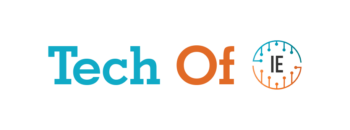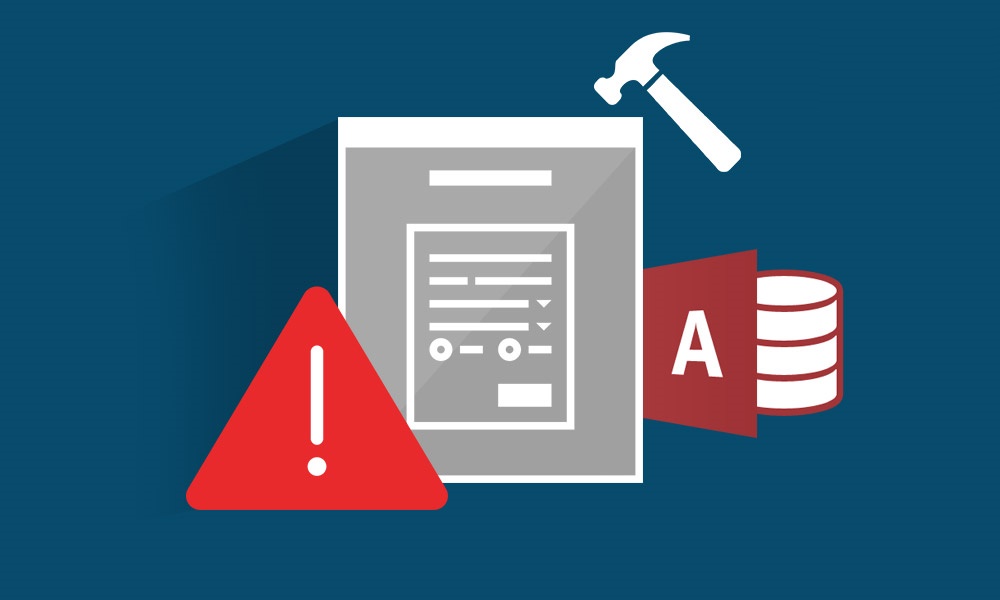Software licensing and business models have changed dramatically in the past few years. The software industry is shifting from traditional licensing models to subscription-based models, where customers pay a monthly or annual fee to use the software. The subscription model has become increasingly popular because it offers customers flexibility, lower upfront costs, and access to the latest software updates and features.
Subscription-Based Models

The rise of subscription-based software licensing has led to a shift in the way software companies do business. Subscription-based models offer several benefits, including:
- Lower upfront costs for customers
- Consistent revenue streams for software companies
- Access to the latest software updates and features
- Improved customer retention rates
Subscription-based models offer customers the flexibility to choose the software they need and only pay for what they use. This can be particularly beneficial for small businesses that may not have the budget to purchase expensive software upfront. Subscription-based models also offer customers access to the latest software updates and features, ensuring that they always have access to the most up-to-date technology.
Pay-Per-Use Models
Another emerging trend in software licensing is the pay-per-use model. This model allows customers to pay for software based on how much they use it. Pay-per-use models can be particularly beneficial for businesses that experience fluctuating usage patterns, as they only pay for what they use.
Pay-per-use models can also be a good fit for businesses that have limited budgets but still need access to high-quality software. This model allows businesses to pay for the software they need when they need it, rather than making a large upfront investment.
Open-Source Software
Open-source software is another trend that is gaining popularity in the software industry. Open-source software is software that is developed and distributed for free, and the source code is available for anyone to use, modify, or distribute.
Open-source software can be a good fit for businesses that need software but don’t have the budget to purchase expensive proprietary software. Open-source software also allows businesses to customize the software to meet their specific needs, which can be particularly beneficial for niche industries or businesses with unique requirements.
The Future of Software Licensing and Business Models
The software industry is constantly evolving, and software licensing and business models are no exception. In the future, we can expect to see more software companies adopting subscription-based and pay-per-use models, as these models offer several benefits to both customers and software companies. We can also expect to see continued growth in the open-source software market, as more businesses recognize the benefits of using free, customizable software.
Ultimately, the future of software licensing and business models will be driven by customer needs and preferences. As technology continues to advance, software companies will need to adapt and innovate to meet the changing needs of their customers. Whether it’s through subscription-based models, pay-per-use models, or open-source software, the software industry is sure to continue to evolve and offer new and innovative solutions to businesses of all sizes.












Find Us on Socials